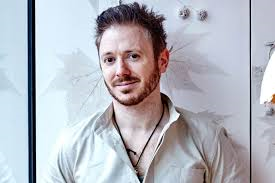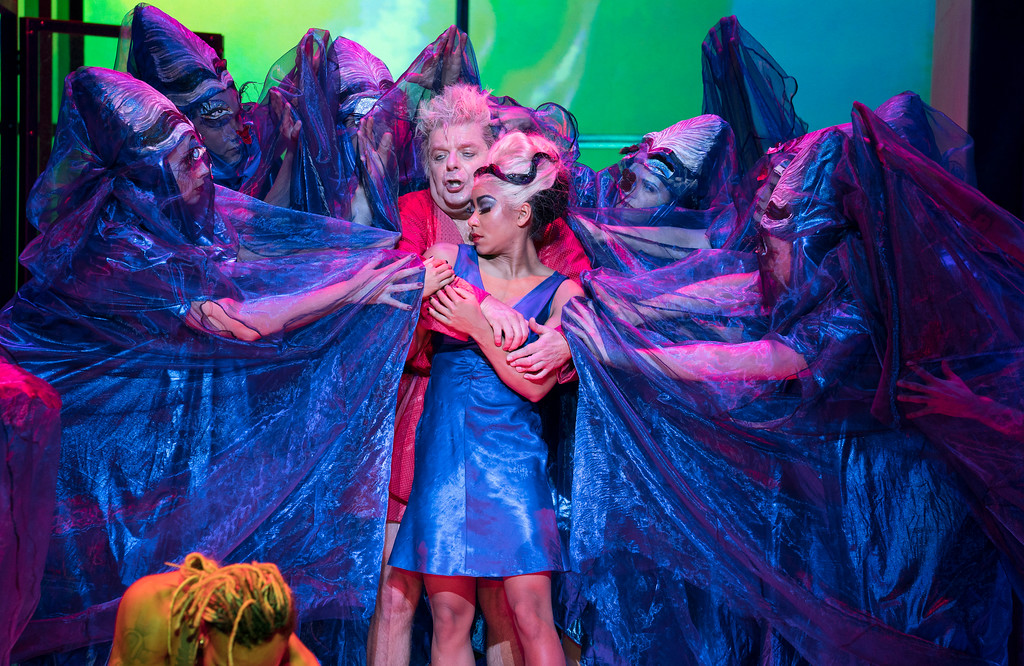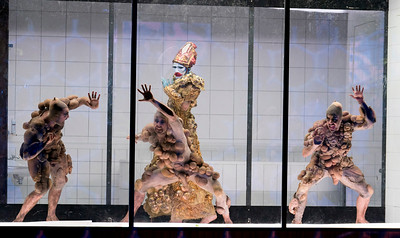Verdi: La Traviata
Royal Opera House, Antonello Manacorda
OPUS ARTE OA12920
A most unusual recording if only because Richard Eyre’s production in Bob Crowley’s richly evocative sets is as naturalistic as one might wish for. At a time when director’s concepts and imposed ideas are still very much in fashion it is refreshing to find a presentation unafraid to set the story in its original time frame and allow the characters to develop in line with the narrative and score.
The singers not only work closely as an ensemble but are outstanding, if slightly unusual, in their own right. Charles Castronovo is a dark voiced Alfredo, though the top of the voice is certainly secure and passionate. By contrast Placido Domingo’s Giorgio Germont allows his tenor heritage to shine through in the lighter and higher lying passages. It is unusual and utterly convincing. Ermonela Jaho is a strong minded Violetta in the opening scenes but fades as she goes to, providing a very moving death scene.
Orchestra and chorus are excellent and the quality of the recording in faultless.
Tchaikovsky: Eugene Onegin
Bolshoi Opera, Alexander Vedernikov
BELAIR BAC246
Dmitri Tcherniakov’s production may be unusual but it is remarkably effective. Essentially every scene is set around a large dining table – middle class at the start and distinctly aristocratic by the end. Where most approaches feature the three very different dances, here we have three very different meals, with Onegin himself the outsider at each. He is warmly welcomed at the first two but cold-shouldered with the Gremins. Mariusz Kwiecien’s Onegin is a vulnerable individual, uncomfortable within close family settings yet equally out of place with the aristocracy. Tatiana Monogarova’s Tatiana on the other hand is aloof when at home but the life and soul of the party once married to Gremin. Lensky’s death is an accident rather than a brutal duel and occurs more because of the callousness of those at the party than any real animosity with Onegin.
It is all very effective and wonderfully well sung with Anatolij Kotscherga outstanding as Prince Gremin. A splendid addition even given the competition.
Shostakovich: Symphony No10
Bavarian Radio Symphony Orchestra, Mariss Jansons
BR KLASSIK 900185
A dark brooding recording of a dark work. The sense of tension which comes from a live performance is very much in evidence and the individual playing is excellent if often subdued by the scoring. Not an easy work but one which I return to more often than I might once have expected.
Handel Uncaged: Cantatas for Alto
Lawrence Zazzo, counter-tenor, continuo
INVENTA INV 1002
I wish I could be more enthusiastic about this recording. The voice is fine, the small continuo group plays convincingly but for all that I admire Handel these are not among his greatest works. Two are here given world premiere recordings and it is difficult not to jump to conclusions as to why this might be. The notes refer to Handel’s daring experiments in composition but I suspect you might need to be a Baroque expert to sense these.
Johann Joachim Quantz: Flute Concertos
Greg Dikmans, flute; Elysium Ensemble
RESONUS RES 10252
Resonus has an uncanny knack of finding composers unknown to the majority of listeners – even those of us who love Baroque music. Here is another of them. J J Quantz was born in 1697 and worked at the courts in Dresden and Berlin, having a close relationship with Frederick the Great who was of course a fine flute player himself. Quantz set a standard of flute playing and his books on music theory far outlived him even if his work is little known today. The three full concerti recorded here are an admirable introduction to his work and the care of original instrument performances brings us some way to understanding his professionalism and innovation.
Tchaikovsky: The Nutcracker
Arranged for brass ensemble with Derek Jacobi, narrator
Septura
NAXOS 8.574157
One has to assume this is aimed at the Christmas market. The arrangement if delightful and works extremely well for brass ensemble. However – unless you have a very skilful technical set-up – each short piece of music is preceded by narration from Derek Jacobi. This is fine the first time through but I doubt it will last more than a few hearings, at which point one might prefer to hear just the score. Maybe the music will be reissued later together with other brass arrangements. It would be a pity to lose them.
Beethoven: Piano Trios
George Malcolm Piano Trio
FHR FHR96
One of the real joys of the recorded music industry is that tracks which were laid down half a century ago can pop up just as fresh and bright as the day they were recorded. This is certainly true of these two piano trios recorded in 1976 and as delightful today as they were back in the 1970s. many thanks to First Hand Records for making them available again.



